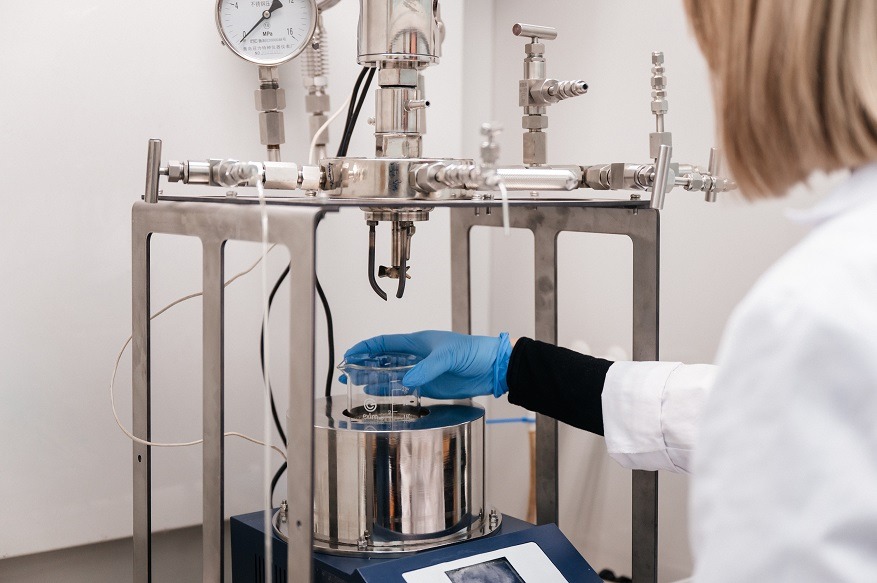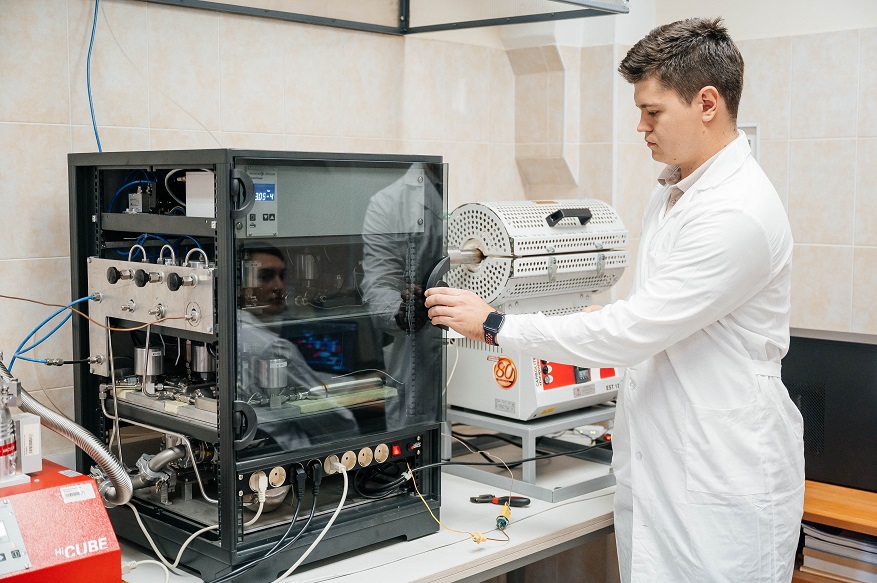Researchers from the Research School of Chemistry and Applied Biomedical Sciences of Tomsk Polytechnic University are studying whether silver nanoparticles used as an additive to antibiotics can restore their efficacy. Decreased susceptibility of living organisms to antimicrobials is a major challenge facing modern medicine. Recent experiments of the researchers with E. coli proved that silver nanoparticles added to 31 antimicrobial drugs improve the susceptibility by 20 % on average.
The research is funded by a grant from the Russian Science Foundation. The research findings are published in Nanomaterials (Q1; IF:5,719).
Bacterial resistance to antibiotics is currently a pressing problem for global public health and veterinary medicine. It reduces the effectiveness of treatment of infectious diseases caused by a wide range of pathogenic and opportunistic microflora. Therefore, it is a crucial task to develop low-cost and effective antimicrobial agents capable of overcoming antimicrobial resistance.
Silver nanoparticles are the most studied nanoparticles in biomedical applications due to their antibacterial, antifungal, antiviral, and anticancer properties. Chemists from Tomsk Polytechnic University together with microbiologists from the Siberian Federal Research Center of Agrobiotechnology of the Russian Academy of Sciences are studying silver nanoparticles as antimicrobial agents. Previously, they have already conducted a study with two Gram-positive bacteria, S. aureus and Str. dysgalactiae. In the present study, they tested the efficacy of silver nanoparticles against E. coli.
A systematic study and comparative analysis showed that antibiotic treatment impaired the susceptibility of E. coli to the antibiotic and other antibacterial drugs by more than 20 %. While after treatment of animals with silver nanoparticles, susceptibility of bacteria to antibiotics increased by nearly 20 %. It proves that silver nanoparticles restore the susceptibility of microflora to antibiotics, which subsequently determines their effectiveness when used both in animals and in humans. The research breaks new ground in microbiology and makes it possible to return many antibacterial drugs to the market by enhancing their efficacy,



